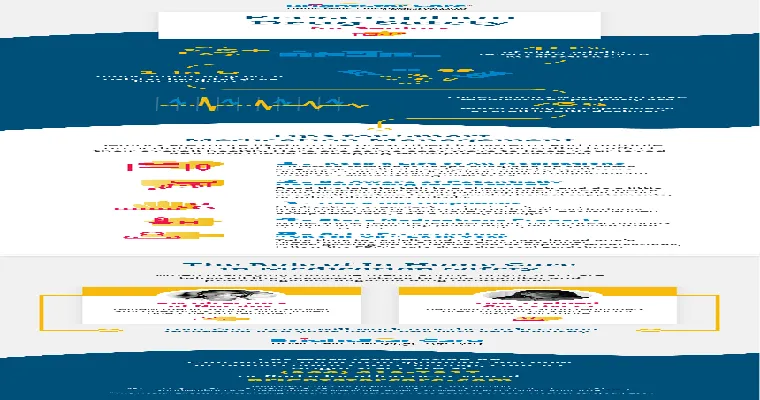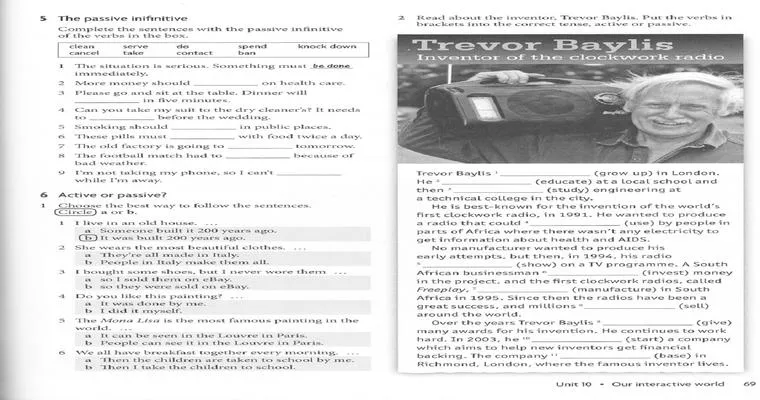Managing "medication" effectively is crucial for ensuring your health and well-being. With the complexity of modern healthcare, it can be challenging to keep track of various prescriptions, dosages, and schedules. Here are some essential tips to help you manage your medications more efficiently and safely.
1. Create a Medication List
Start by making a comprehensive "medication list" that includes all prescription and over-the-counter drugs you take. Include details such as the name of the medication, dosage, frequency, and the reason for taking it. This list can be a lifesaver during doctor visits or emergencies, helping healthcare providers understand your treatment plan.
2. Use a Pill Organizer
A "pill organizer" can simplify your daily routine. These containers are designed to hold your medications for each day of the week or month, making it easier to remember whether you have taken your doses. Choose one with clear labels and sections for morning, afternoon, and evening doses.
3. Set Reminders
Setting reminders on your phone or using a calendar can help you remember when to take your medications. There are also specialized apps available that send alerts for each dose. Consistent reminders can prevent missed doses and ensure that you stick to your prescribed schedule.
4. Keep Medications in One Place
Designate a specific area in your home for your "medications". This central location will help you avoid searching for your pills and reduce the risk of taking the wrong medication. Ensure that this area is cool, dry, and away from direct sunlight to maintain the effectiveness of your drugs.
5. Communicate with Your Healthcare Provider
Regular communication with your healthcare provider is vital for effective "medication management". Inform them about any side effects, changes in your health, or if you are taking any new supplements or over-the-counter medications. This information can help them adjust your prescriptions as needed and improve your overall treatment.
6. Be Aware of Drug Interactions
Educate yourself about potential "drug interactions". Some medications can interfere with each other, causing adverse effects or reducing effectiveness. Always consult your healthcare provider or pharmacist before starting any new medications, including herbal supplements.
7. Keep Track of Expiration Dates
Regularly check the "expiration dates" on your medications. Discard any expired or unused medications safely, following local guidelines for disposal. Keeping track of expiration dates ensures you are only taking medications that are safe and effective.
8. Involve a Family Member or Caregiver
If you have a complex medication regimen or are managing multiple chronic conditions, consider involving a family member or caregiver in your "medication management". They can help remind you of doses, track your medications, and assist during doctor visits.
9. Educate Yourself About Your Medications
Understanding your medications is an essential part of effective management. Research the purpose of each drug, how it works, and any potential side effects. Being informed empowers you to ask questions and make better decisions about your health.
10. Regularly Review Your Medications
Schedule regular reviews of your "medications" with your healthcare provider. This is an opportunity to assess the effectiveness of your treatment plan and make necessary adjustments. Regular reviews can also help identify any unnecessary medications that can be discontinued.
By following these tips, you can improve your "medication management" and enhance your overall health. Remember that consistency and open communication with your healthcare team are key components to successful medication adherence.





